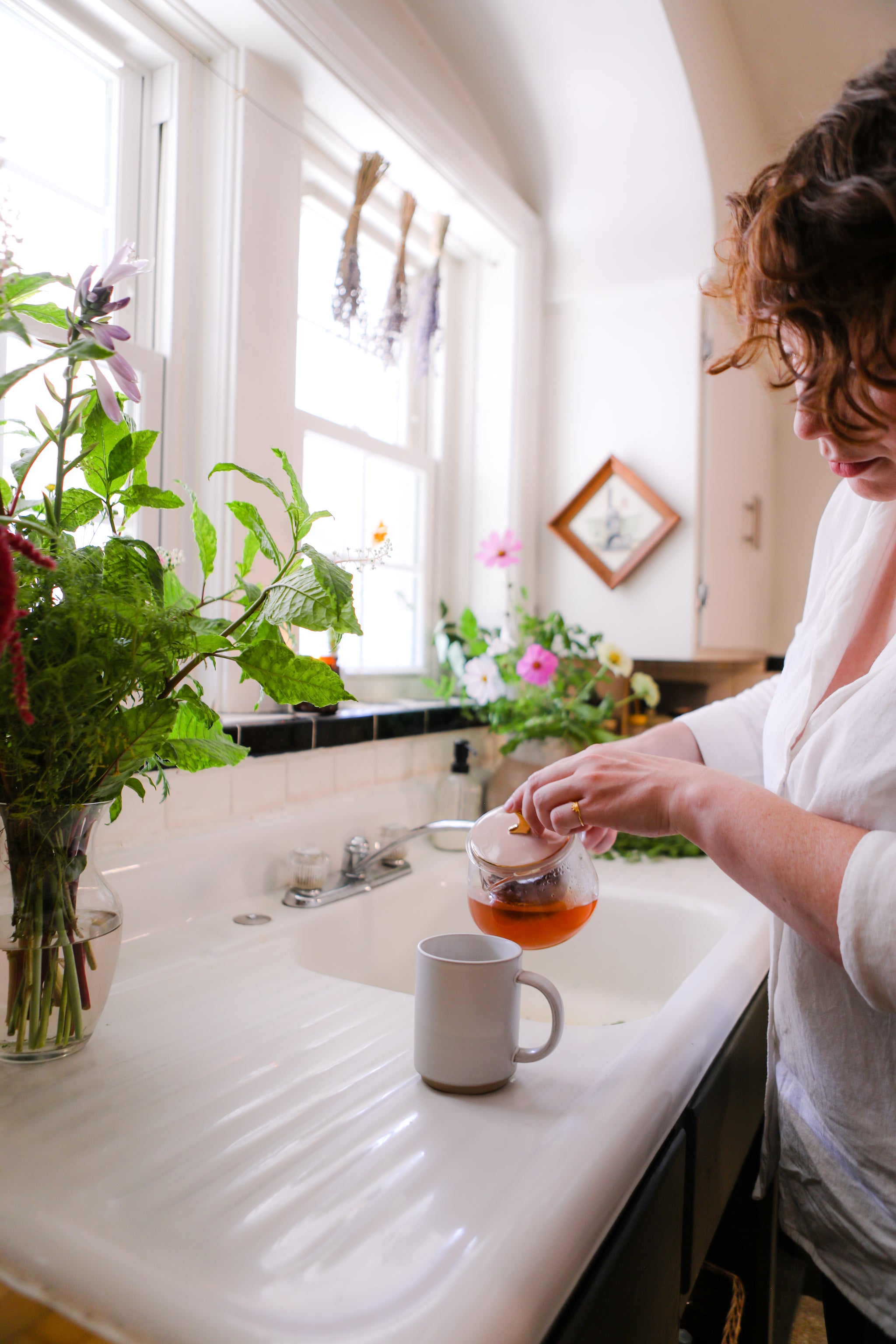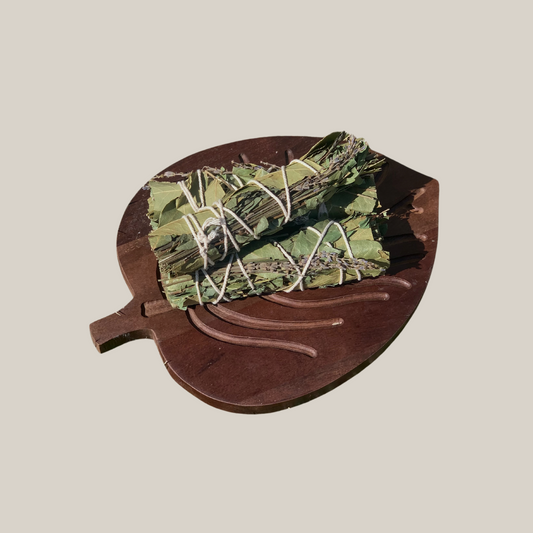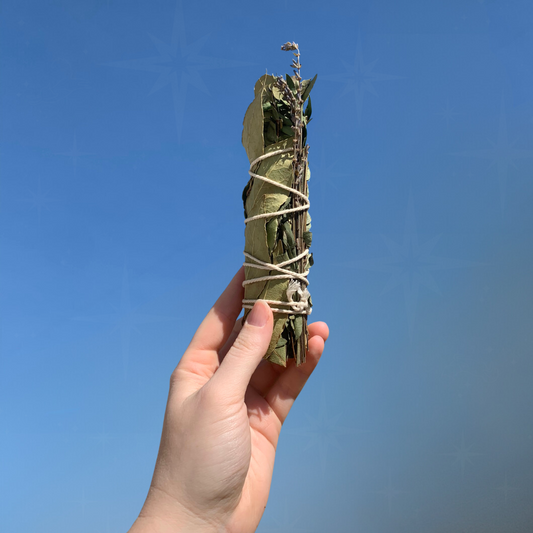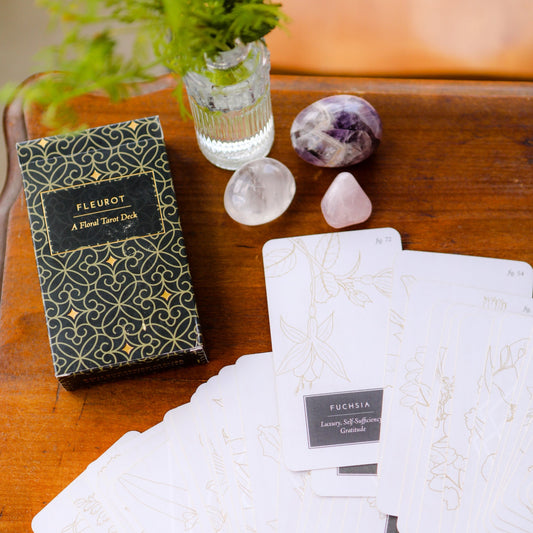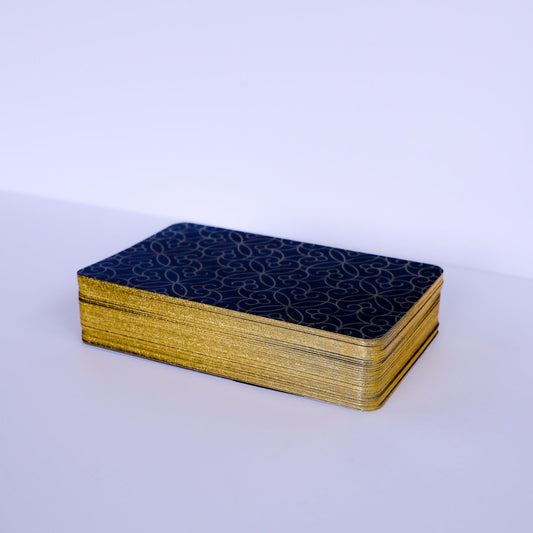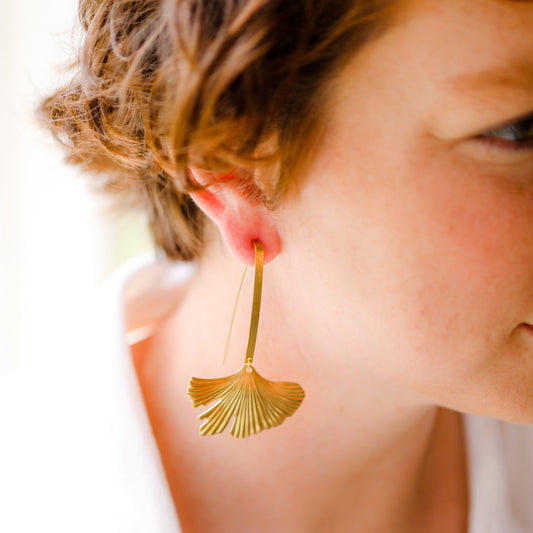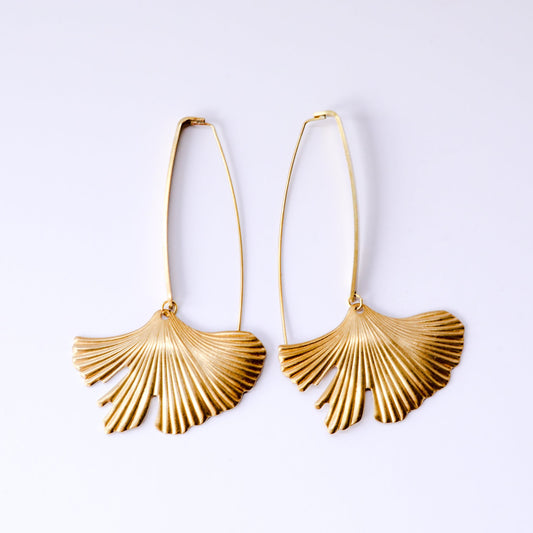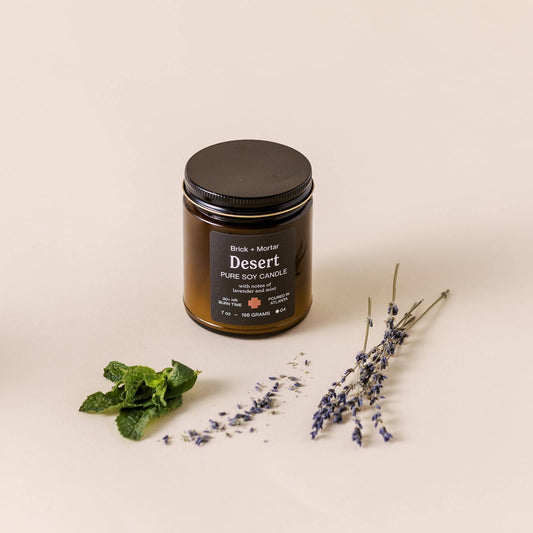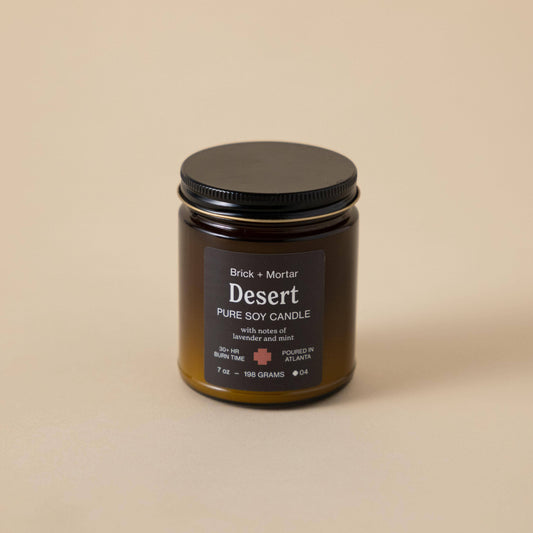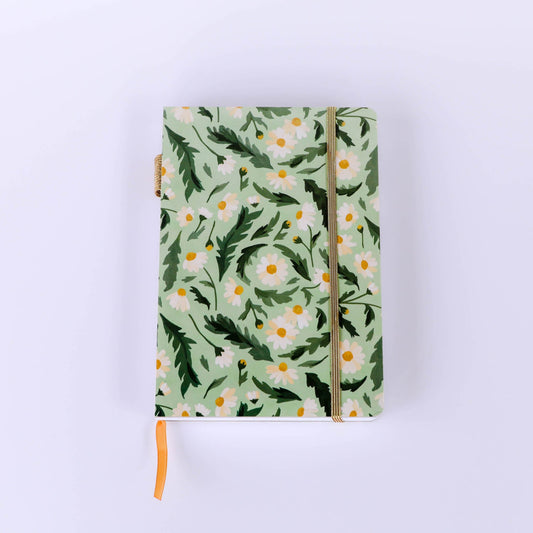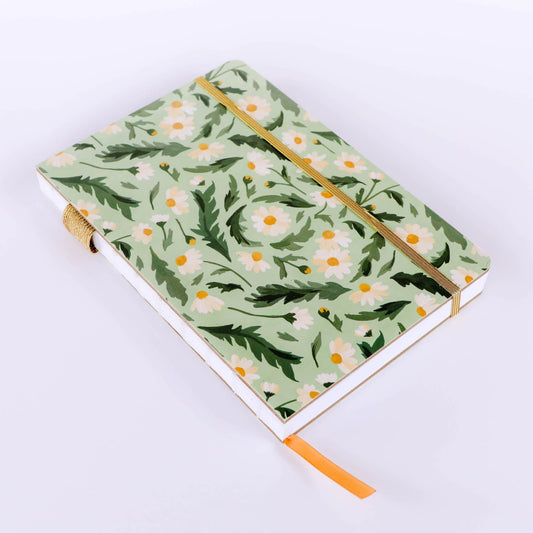Upcoming Events
-
March 30th
-
April 6th & 7th
Market Days at Warehouse Entertainment District
10am - 3pm
207 N Jackson St, Perryville, MO
Crystals, Readings, Candles
-
April 13th
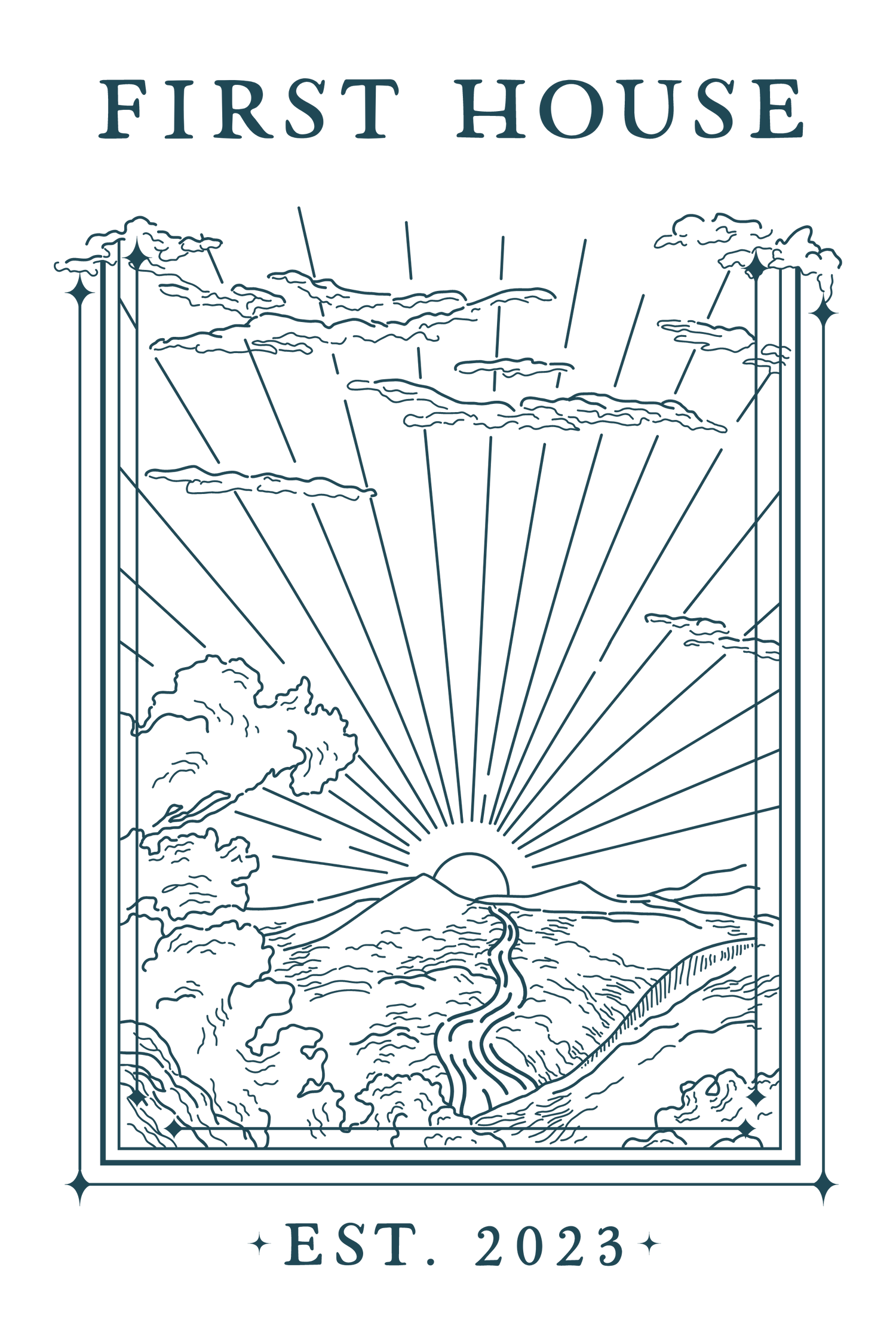
A Note from our Founders
Our personal goals for First House and our own lives are nothing more and nothing less than this:
- Love well.
- Be a whole person. A person that is fully, truly alive, soaking up joy, feeling all the things that need to be felt, including the hard things.
- Cultivate and enjoy beauty every day.

